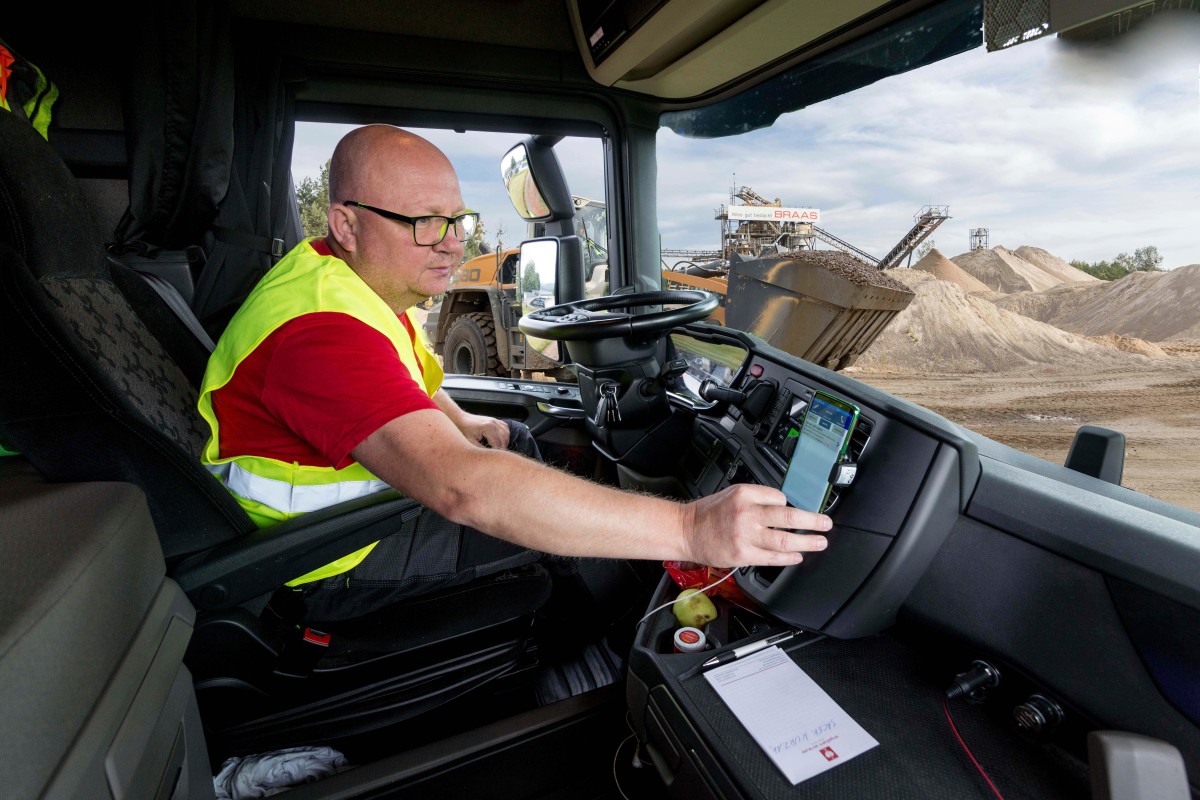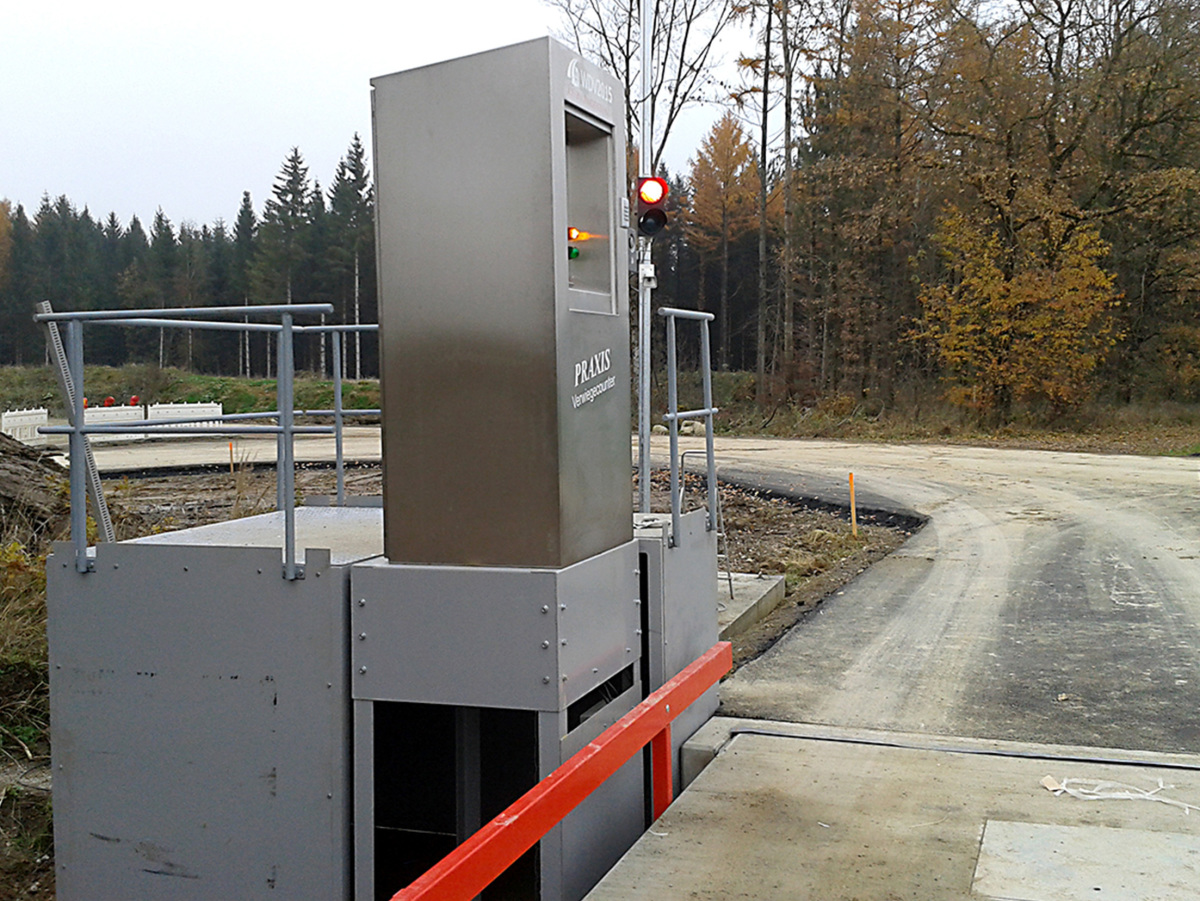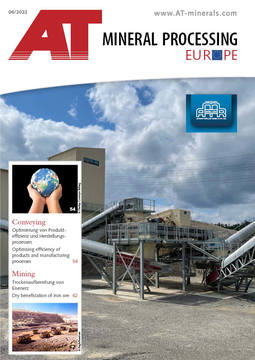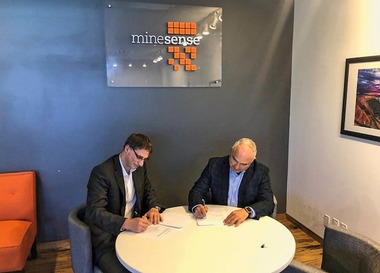Industry ERP: challenges, benefits and efficiency
 1 The WDV 2022 TEAM also includes a logistics app for smartphones. With it, driver Jacek Kurzak can work very effectively
1 The WDV 2022 TEAM also includes a logistics app for smartphones. With it, driver Jacek Kurzak can work very effectively
© Praxis EDV
However, an important prerequisite for this is that the organisation is prepared accordingly. “The decisive factor in such a changeover is the duty of participation of all those involved in the entire process.” Especially the decision-makers of a company who are planning the introduction of a modern ERP system should definitely know that this involves a not inconsiderable amount of personnel and time, Beate Volkmann points out, not to underestimate this demanding task. “It is not uncommon for management to assume that the introduction will only take place through simple coaching. The service provider presents its software and a subsequent analysis determines what it can cover. But this is not the case! Unconditional involvement of the individual departments is essential for successful implementation.” This often takes several months, clarifies the Managing Director of PRAXIS EDV-Betriebswirtschaft- und Software-Entwicklung AG. This is because the expert knowledge of a wide variety of employees from the areas of tendering, sales, production, loading, scheduling, logistics, invoicing, human resources, financial accounting and management is needed during the process start-up so that a seamless transfer of knowledge can take place.
 2 The self-service counter is located directly at the exit
2 The self-service counter is located directly at the exit
© Praxis EDV
The many years of experience of the industry software house play a central role here. “A large number of processes should already be implemented in the software. In addition, the corresponding service provider must also be able to integrate individual processes in a customer-specific way and to implement them in an updateable way. This later results in the individual modules of the software, which communicate with each other for a seamless data transfer,” explains the managing director.
For the digital transformation of a company, there is neither a “finished product” nor a complete “solution out of the drawer”. The advantage of an industry ERP like the "WDV 2022 TEAM" is based on a very practical programming that has already been installed in many different ways and has proven itself there. “The practical introduction is only successful and within a realistic time frame if all employees are accompanied through the implementation phase by a mixture of coaching for the simpler areas of the application and intensive guidance through more complex topics,” Beate Volkmann points out. Often this investment in the future pays off very quickly, as many processes can be handled by the software itself. “Just think of the electronic data exchange of material orders in the factory by the customer, material loading, weighing, e-delivery notes and X-invoice to the point of informing the site manager.” All these processes then no longer require manual processing. Therefore, the industry ERP is more than a good investment in the future.




